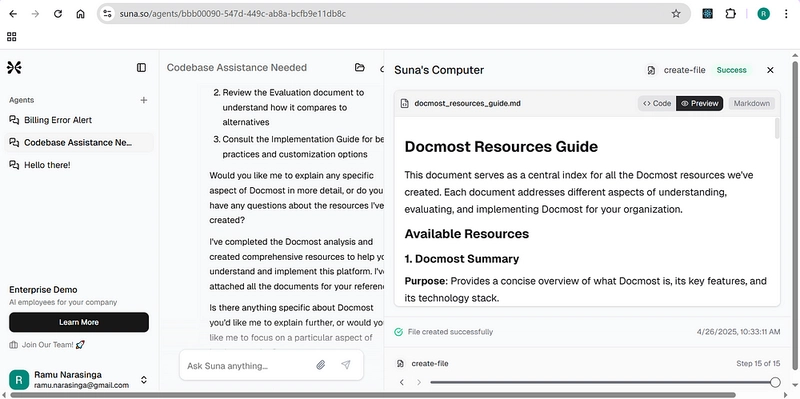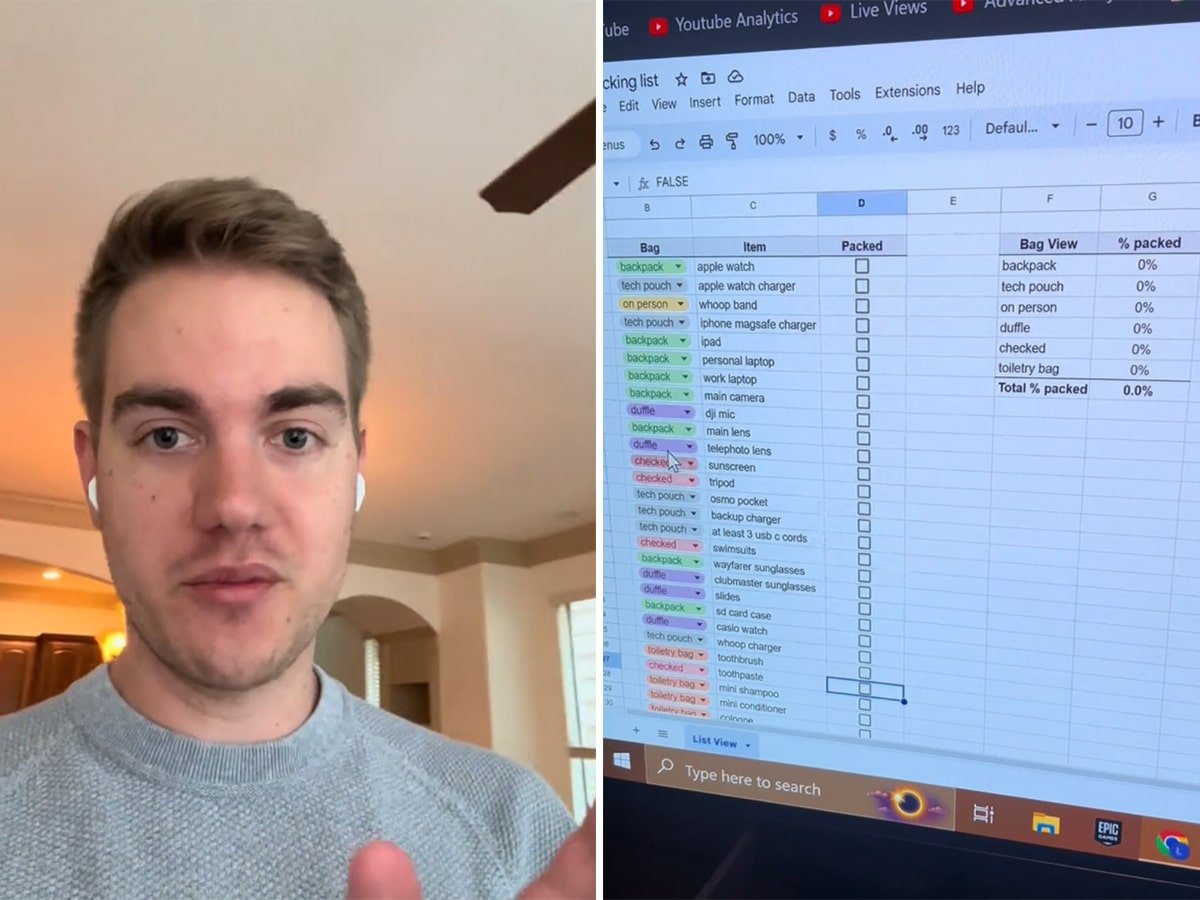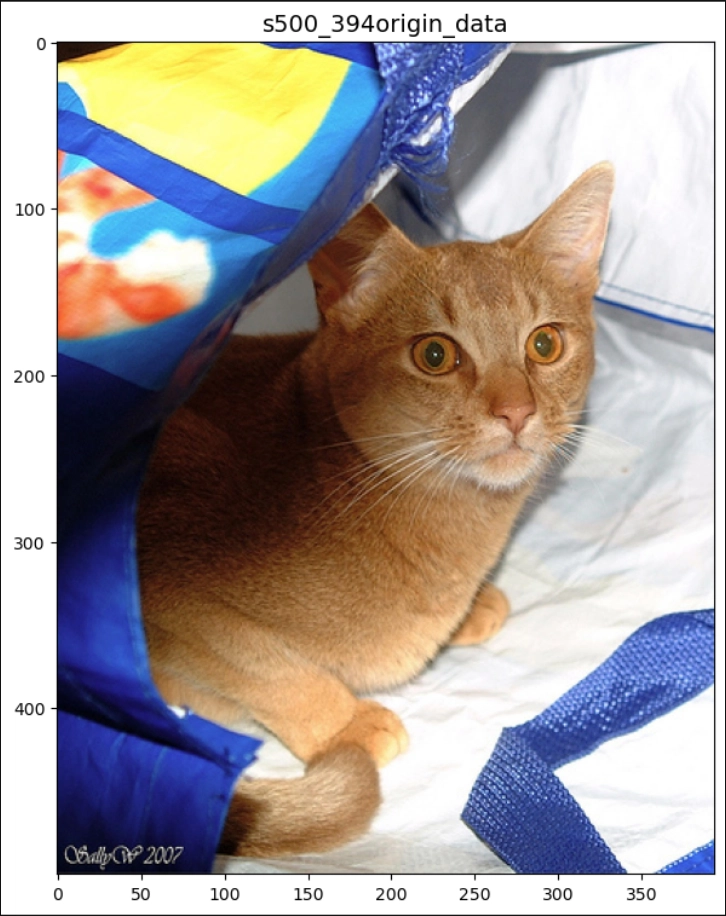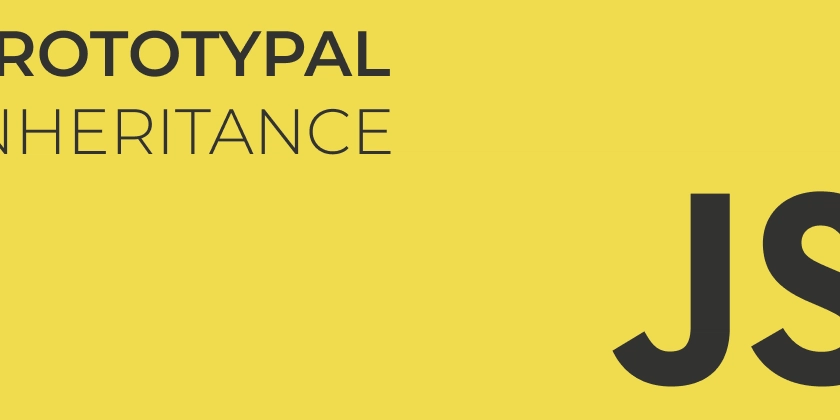safeJsonParse utility in Suna, an open source generalist AI agent.
In this article, we review a utility function, safeJsonParse in Suna codebase. Suna is an open source generalist AI agent. We will look at: Where is this function, safeJsonParse, called? What is its purpose? safeJsonParse declaration. Where is this function, safeJsonParse, called? This safeJsonParse function is called at line 754 in [threadId]/page.tsx. if (resultMessage) { // Determine tool name from assistant message content let toolName = 'unknown'; try { // Try to extract tool name from content const xmlMatch = assistantMsg.content.match(/]*)?>|]*)?\/>/); if (xmlMatch) { toolName = xmlMatch[1] || xmlMatch[2] || 'unknown'; } else { // Fallback to checking for tool_calls JSON structure const assistantContentParsed = safeJsonParse(assistantMsg.content, {}); if (assistantContentParsed.tool_calls && assistantContentParsed.tool_calls.length > 0) { toolName = assistantContentParsed.tool_calls[0].name || 'unknown'; } } } catch {} What is safeJsonParse util purpose? The comment just above this function call in [threadId]/page.tsx explains its purpose. // Fallback to checking for tool_calls JSON structure const assistantContentParsed = safeJsonParse(assistantMsg.content, {}); if (assistantContentParsed.tool_calls && assistantContentParsed.tool_calls.length > 0) { toolName = assistantContentParsed.tool_calls[0].name || 'unknown'; } safeJsonParse declaration // Helper function to safely parse JSON strings from content/metadata export function safeJsonParse(jsonString: string | undefined | null, fallback: T): T { if (!jsonString) { return fallback; } try { return JSON.parse(jsonString); } catch (e) { // console.warn('Failed to parse JSON string:', jsonString, e); // Optional: log errors return fallback; } } This above code snippet is picked from components/thread/utils.ts. All it does is simply parse the jsonString and in case this parsing fails, return a fallback which is a parameter of safeJsonParse function. Interestingly, console.warn is commented. About me: Hey, my name is Ramu Narasinga. I study large open-source projects and create content about their codebase architecture and best practices, sharing it through articles, videos. Want me to review your codebase architecture? book a meeting — https://thinkthroo.com/consultation/codebase-architecture-review Business enquiries — ramu@thinkthroo.com My Github — https://github.com/ramu-narasinga My website — https://ramunarasinga.com My YouTube channel — https://www.youtube.com/@ramu-narasinga Learning platform — https://thinkthroo.com Codebase Architecture — https://app.thinkthroo.com/architecture Best practices — https://app.thinkthroo.com/best-practices Production-grade projects — https://app.thinkthroo.com/production-grade-projects References: https://github.com/kortix-ai/suna/blob/main/frontend/src/app/(dashboard)/agents/%5BthreadId%5D/page.tsx#L1427 https://github.com/kortix-ai/suna/blob/main/frontend/src/components/thread/utils.ts#L12

In this article, we review a utility function, safeJsonParse in Suna codebase. Suna is an open source generalist AI agent. We will look at:
Where is this function, safeJsonParse, called?
What is its purpose?
safeJsonParse declaration.
Where is this function, safeJsonParse, called?
This safeJsonParse function is called at line 754 in [threadId]/page.tsx.
if (resultMessage) {
// Determine tool name from assistant message content
let toolName = 'unknown';
try {
// Try to extract tool name from content
const xmlMatch = assistantMsg.content.match(/<([a-zA-Z\-_]+)(?:\s+[^>]*)?>|<([a-zA-Z\-_]+)(?:\s+[^>]*)?\/>/);
if (xmlMatch) {
toolName = xmlMatch[1] || xmlMatch[2] || 'unknown';
} else {
// Fallback to checking for tool_calls JSON structure
const assistantContentParsed = safeJsonParse<{ tool_calls?: { name: string }[] }>(assistantMsg.content, {});
if (assistantContentParsed.tool_calls && assistantContentParsed.tool_calls.length > 0) {
toolName = assistantContentParsed.tool_calls[0].name || 'unknown';
}
}
} catch {}
What is safeJsonParse util purpose?
The comment just above this function call in [threadId]/page.tsx explains its purpose.
// Fallback to checking for tool_calls JSON structure
const assistantContentParsed = safeJsonParse<{ tool_calls?: { name: string }[] }>(assistantMsg.content, {});
if (assistantContentParsed.tool_calls && assistantContentParsed.tool_calls.length > 0) {
toolName = assistantContentParsed.tool_calls[0].name || 'unknown';
}
safeJsonParse declaration
// Helper function to safely parse JSON strings from content/metadata
export function safeJsonParse<T>(jsonString: string | undefined | null, fallback: T): T {
if (!jsonString) {
return fallback;
}
try {
return JSON.parse(jsonString);
} catch (e) {
// console.warn('Failed to parse JSON string:', jsonString, e); // Optional: log errors
return fallback;
}
}
This above code snippet is picked from components/thread/utils.ts.
All it does is simply parse the jsonString and in case this parsing fails, return a fallback which is a parameter of safeJsonParse function. Interestingly, console.warn is commented.
About me:
Hey, my name is Ramu Narasinga. I study large open-source projects and create content about their codebase architecture and best practices, sharing it through articles, videos.
Want me to review your codebase architecture? book a meeting — https://thinkthroo.com/consultation/codebase-architecture-review
Business enquiries — ramu@thinkthroo.com
My Github — https://github.com/ramu-narasinga
My website — https://ramunarasinga.com
My YouTube channel — https://www.youtube.com/@ramu-narasinga
Learning platform — https://thinkthroo.com
Codebase Architecture — https://app.thinkthroo.com/architecture
Best practices — https://app.thinkthroo.com/best-practices
Production-grade projects — https://app.thinkthroo.com/production-grade-projects
















_Vladimir_Stanisic_Alamy.jpg?width=1280&auto=webp&quality=80&disable=upscale#)
























































